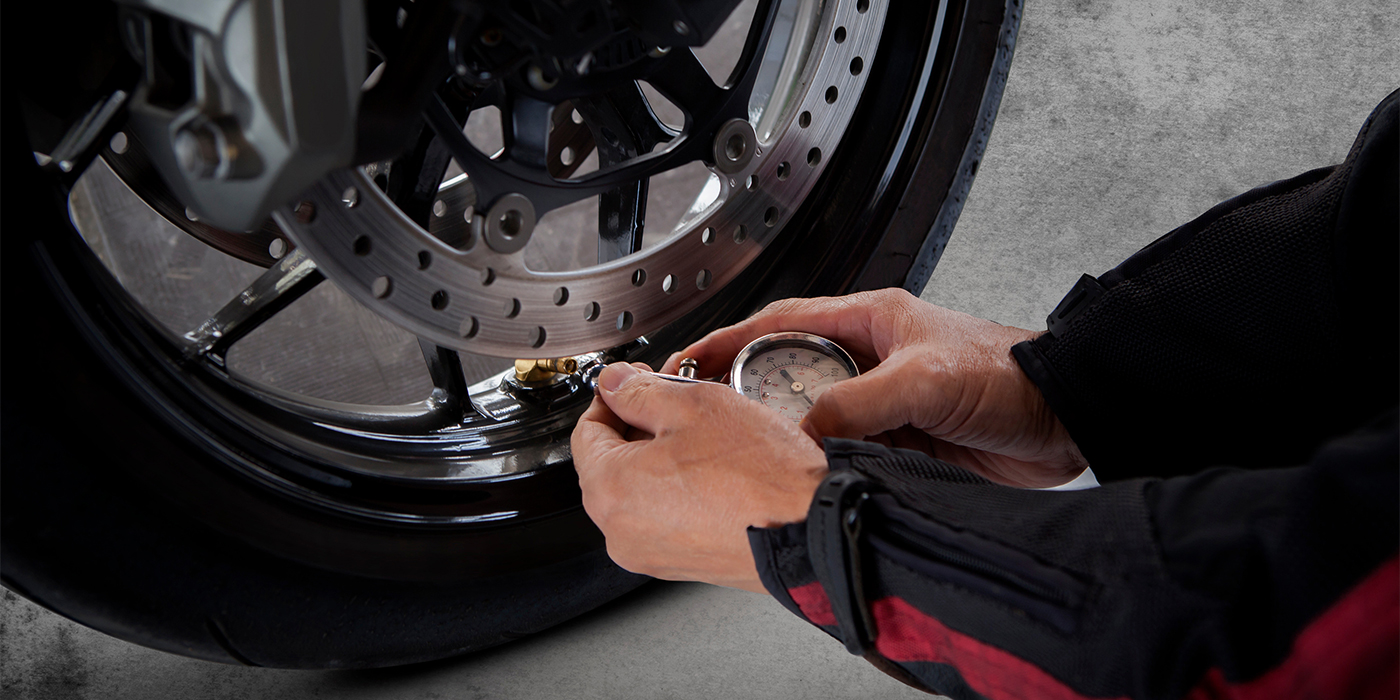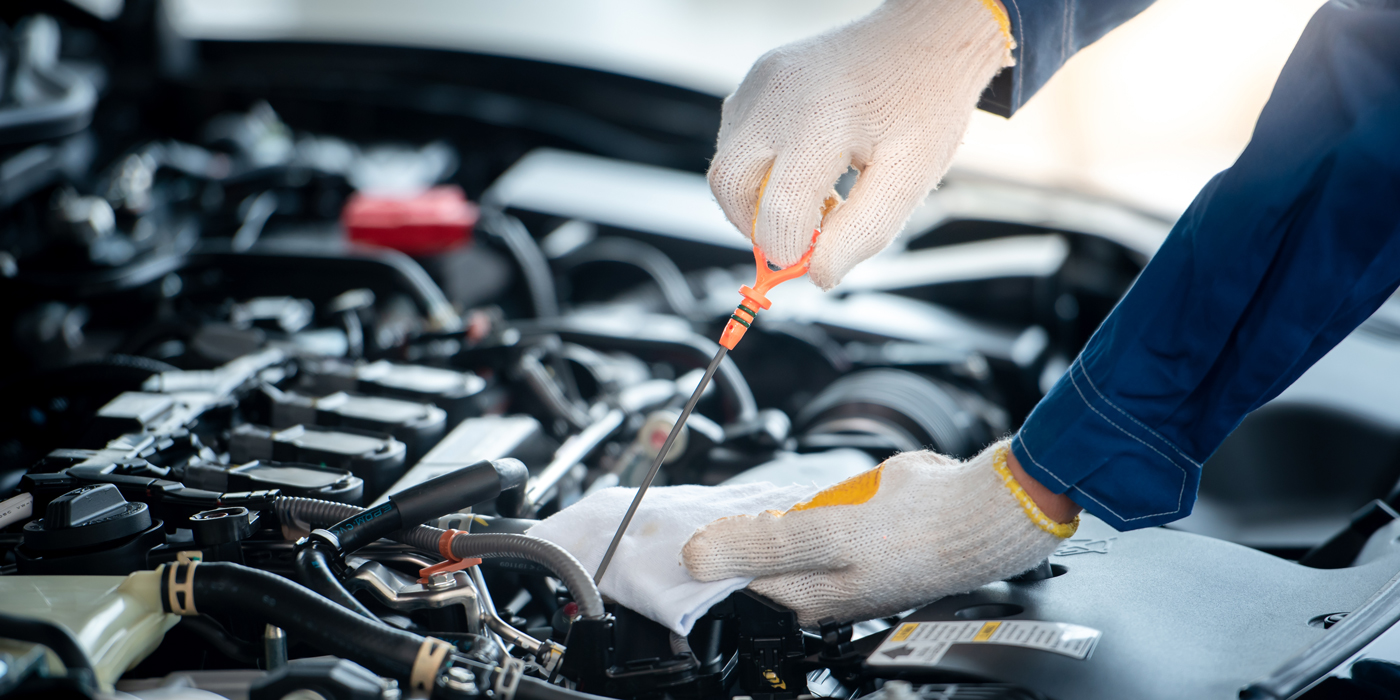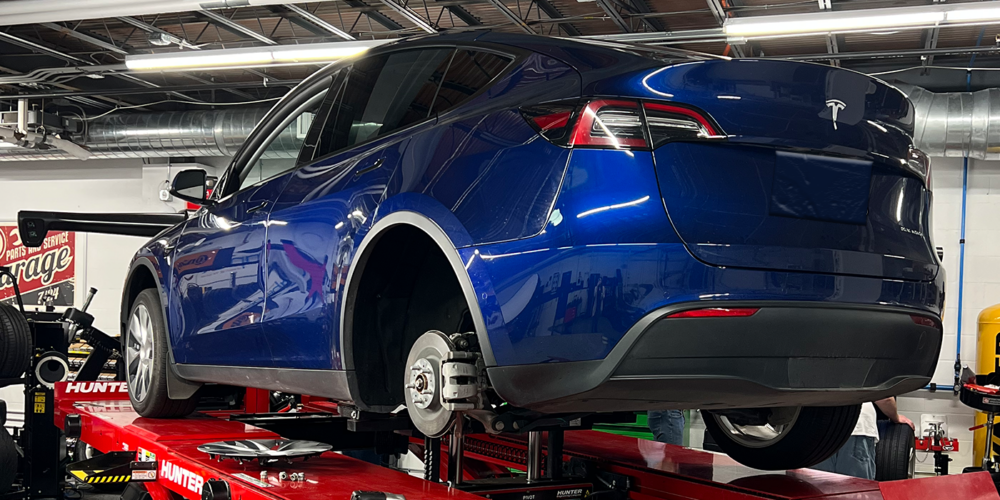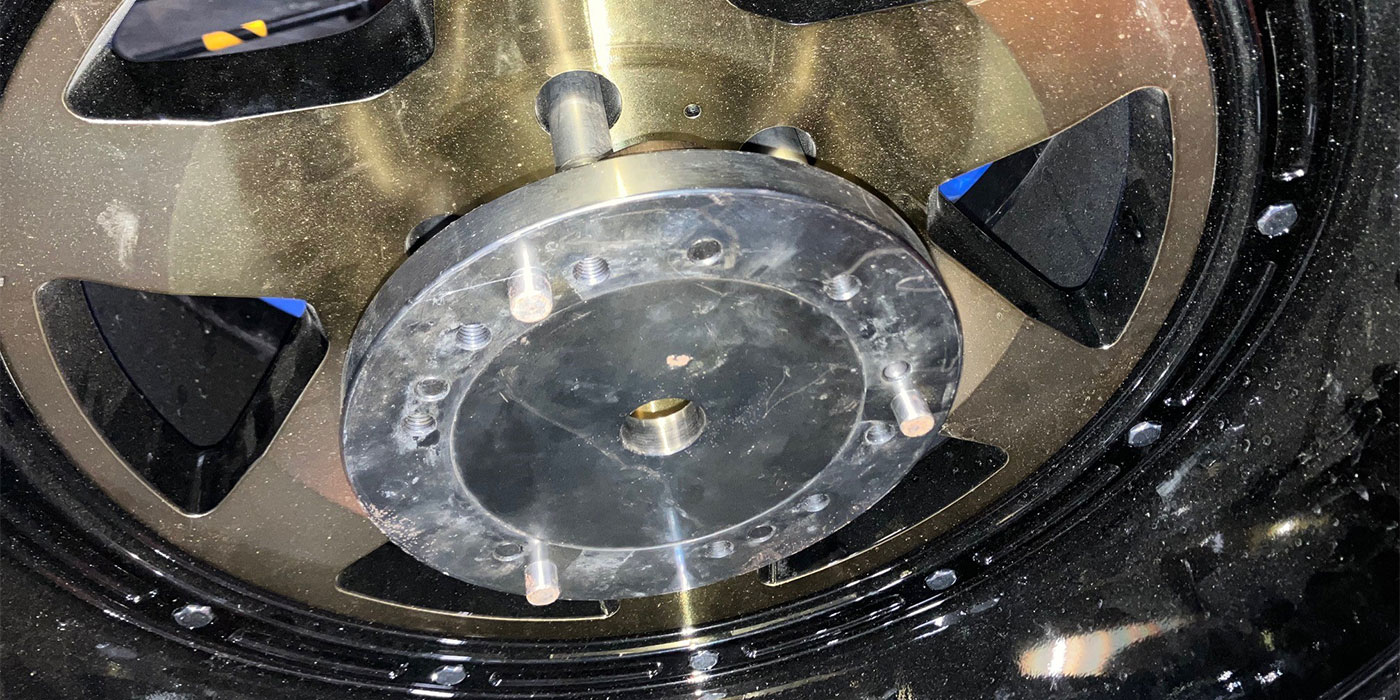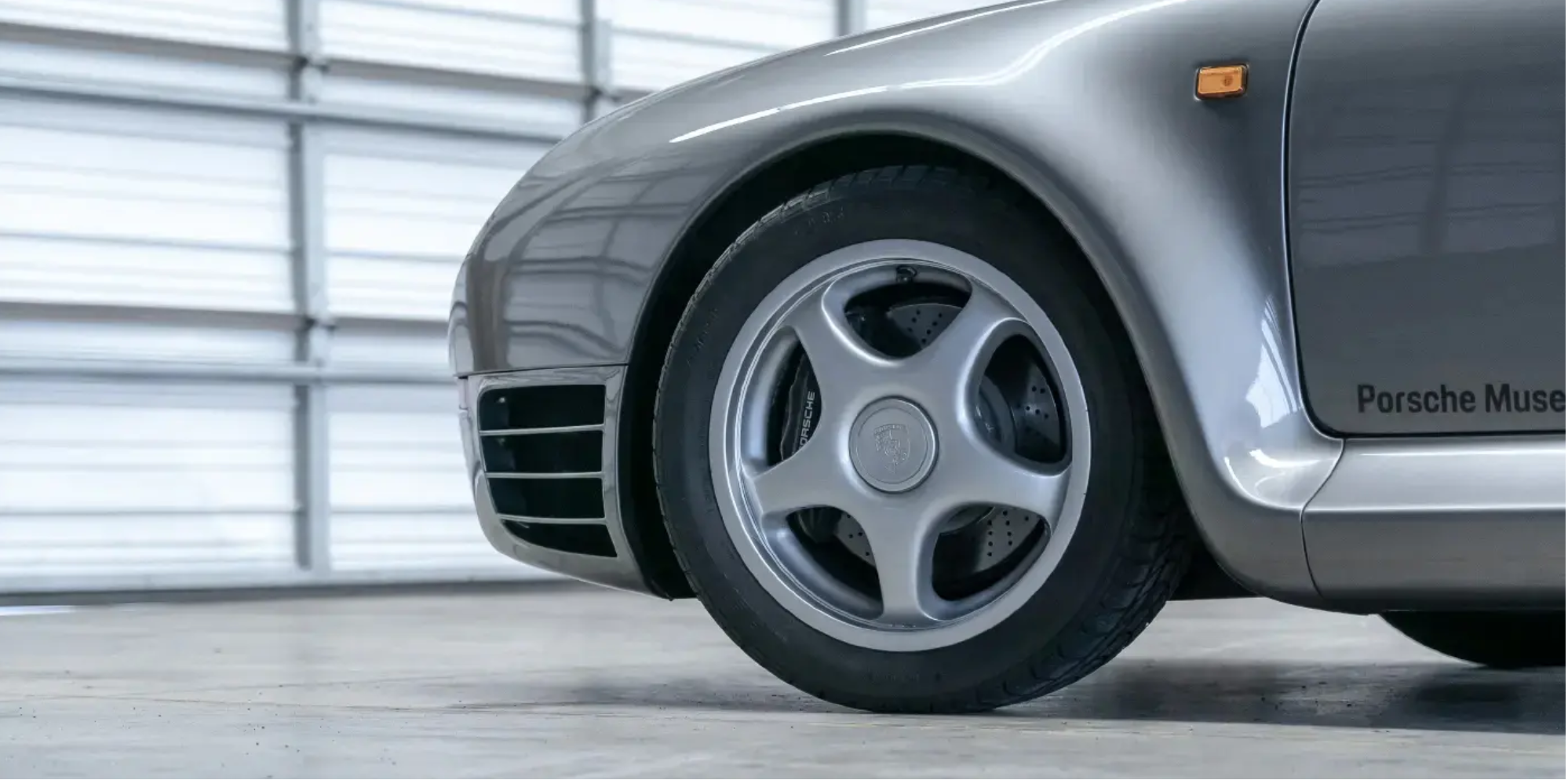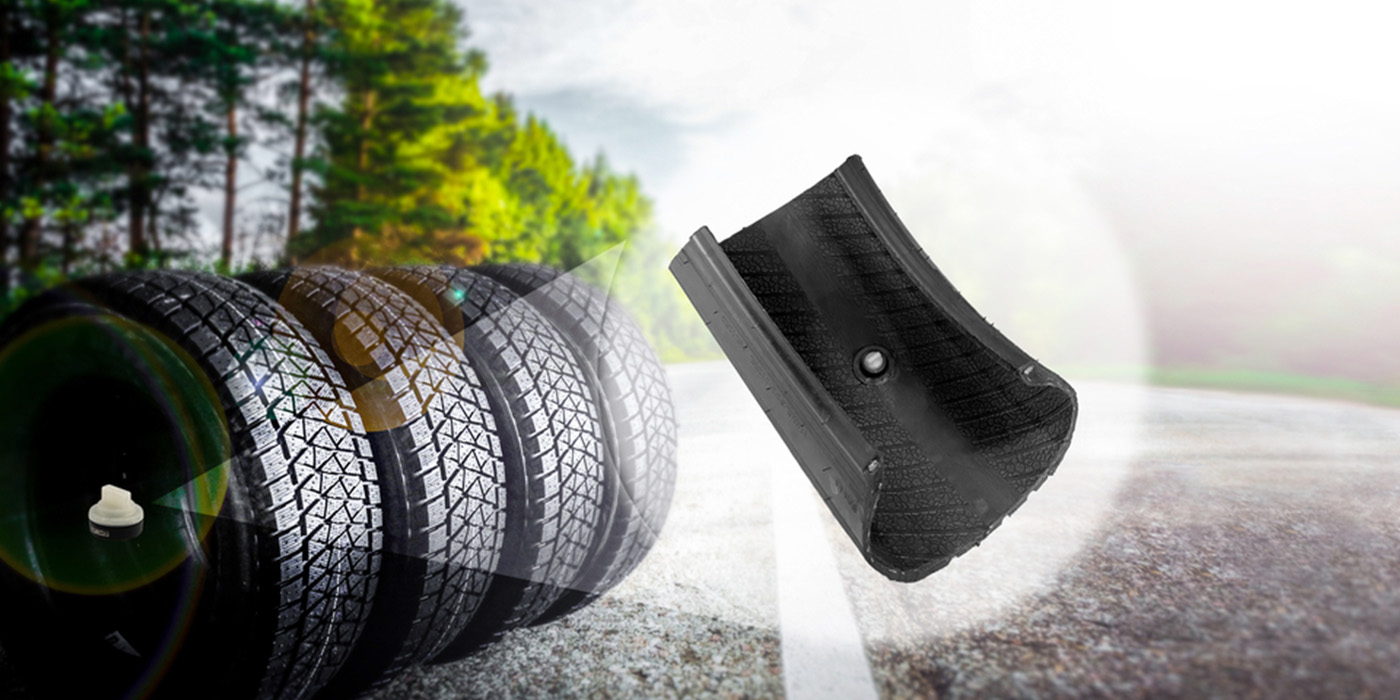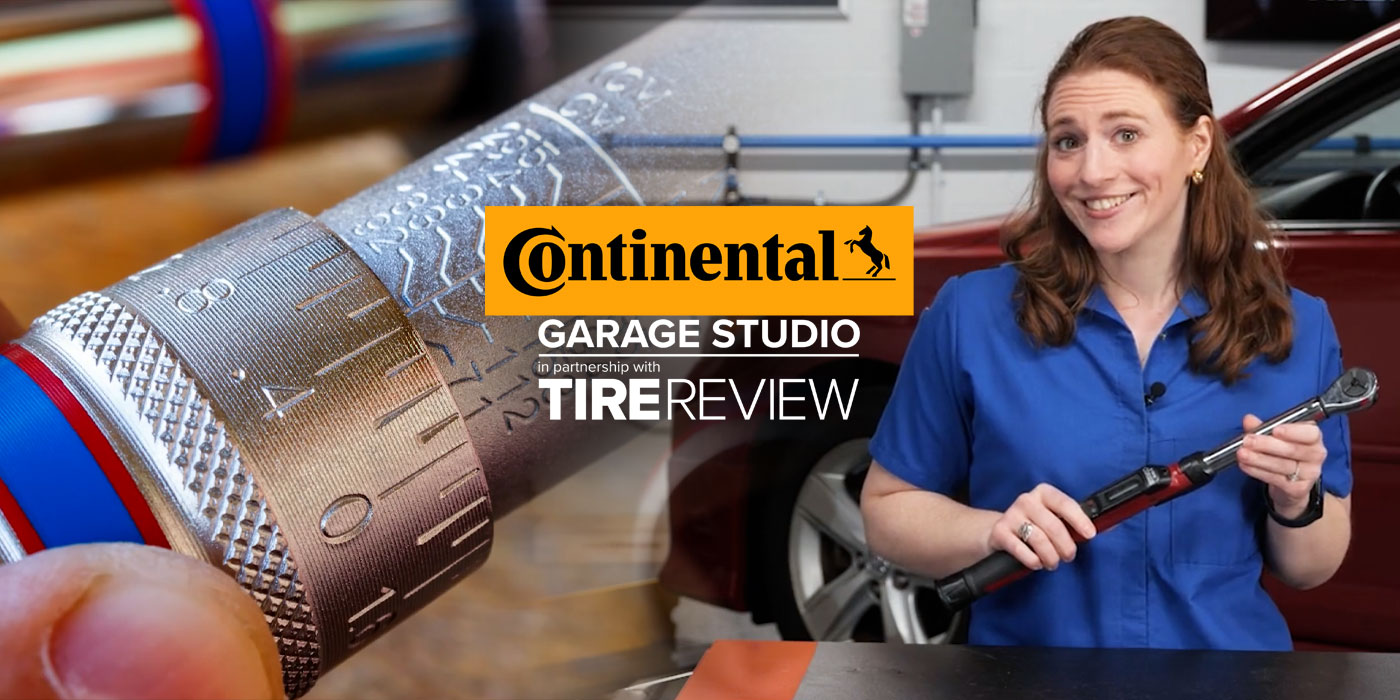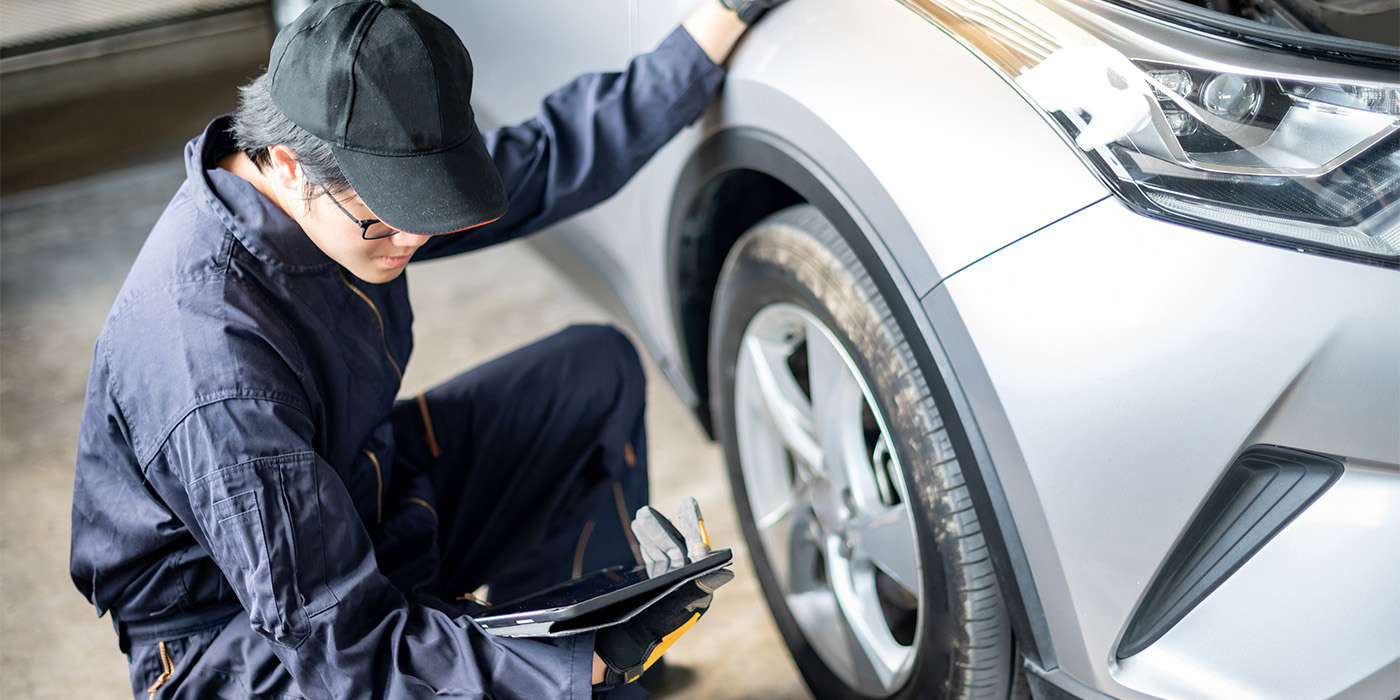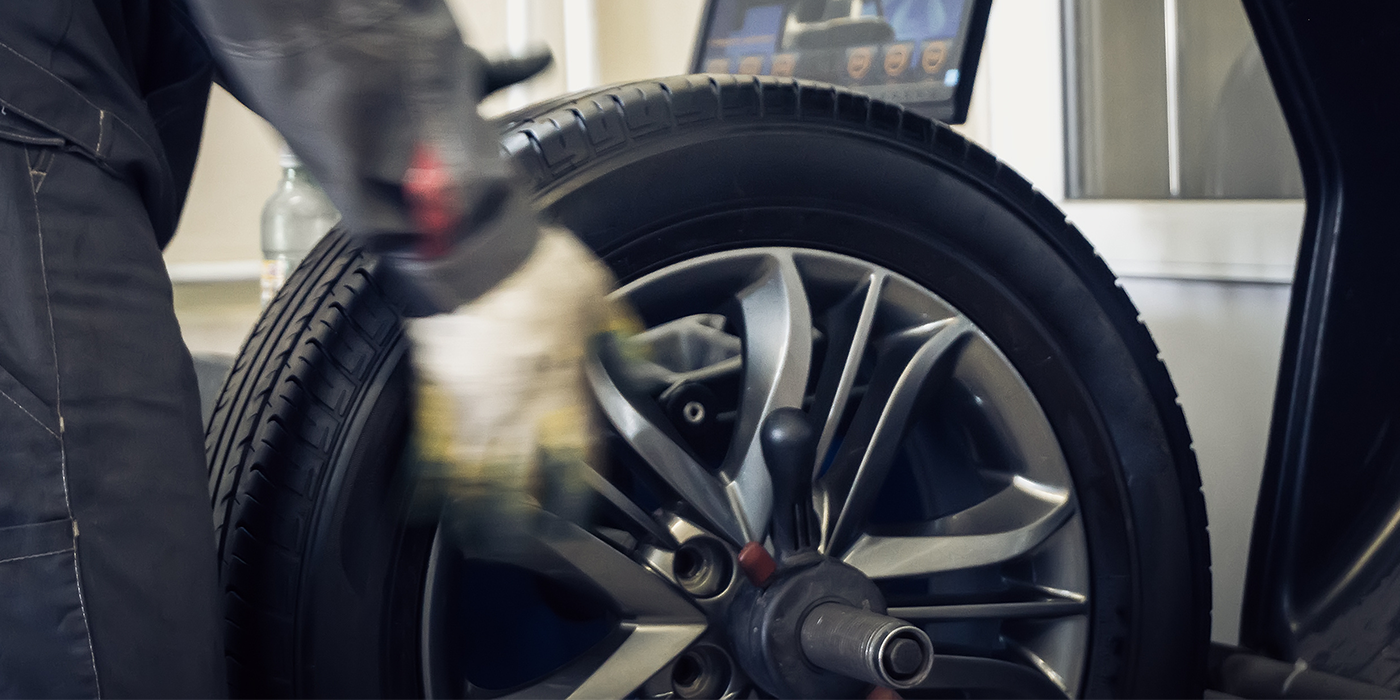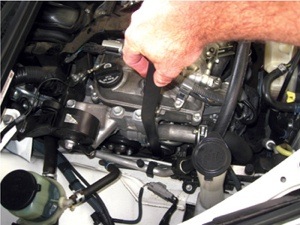 There is a theory called the Butterfly Effect. This theory in part states that an action or condition in one place, however insignificant, can greatly change the outcome or conditions in another place. This theory, however fantastic, does remind me of the fact that the tool business is very much like this.
There is a theory called the Butterfly Effect. This theory in part states that an action or condition in one place, however insignificant, can greatly change the outcome or conditions in another place. This theory, however fantastic, does remind me of the fact that the tool business is very much like this.
Let me tell you what I am talking about. Not too many years ago, a very large vehicle manufacturer introduced a new engine. Like always, this engine was touted as being more powerful, more efficient, cleaner to operate, yada, yada, yada. Hundreds of millions of dollars were spent to design, build and implement the motor. It became a status symbol in certain segments of the automotive market. By all appearances it was a huge success. Critics and consumers alike blessed this new motor as the greatest thing to happen in quite a while.
Just a few short months later, things began to change quickly, and not for the better. Reports started rolling in of this magical motor developing an unusual symptom. With little or no warning, this motor would arbitrarily spit out one of its spark plugs to the great dismay of the owner. The first few hundred times this happened, the manufacturer chalked it up as an anomaly. However, overwhelming evidence and the number of incidents validated this as a real problem that wasn’t going away.
The need for repair of this problem spawned the development of no less than a dozen different ¬specialty tools. The supplier contracted with specialty tool manufacturers to develop and distribute these new tools to every dealer and authorized service provider worldwide.
So, you might be asking yourself, what does the advent of the motor problems have to do with the so-called Butterfly Effect, and more importantly, why, as a technician, do I care? The reason you might and should care is this: The automotive aftermarket, and the tool industry in particular, is a self-correcting business. When a need presents itself in the form of a service problem, or as in the above example, a specific failure, the tool industry rushes in to fill the void.
In this example, prior to the introduction of the specialty tools to repair the problem, the only recourse was either a motor replacement or, at the very least, the need to remove a cylinder head for machine work to be done in a traditional machine shop. Both of those solutions were incredibly time-consuming, expensive and inefficient. 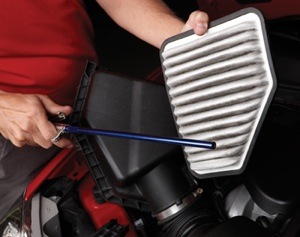
Today, with the newly created specialty tools this same repair can be done on the vehicle for a few hundred dollars and the engine can be brought back to full operating condition.
This is a great example of the cause and effect of our business. A manufacturer builds a vehicle with little or no concern for how technicians will be able to service or repair that vehicle. If the needs or problems associated with any given repair are great enough, it will cause suppliers of tools to invent and manufacturer tools to address the concerns.
I have said before and will continue to say that specialty tools are the lifeblood of our business. For many years, a vast majority of the tools in a tech’s box were generic. By this I mean tools that had no specific application; traditional tools such as screwdrivers, sockets, wrenches etc. Little by little over time, the need for vehicle- or application-specific tools has increased. Today, I would venture to say that as much as 25% of the tools in your box are either vehicle- or application-specific. This number could be higher if you are a dealer technician or a specialist by car or vehicle type.
The name of the game in our business is speed. The faster you can get that vehicle out of your bay, the more money you are going to make. It’s just that simple. Specialty tools are one of the keys to doing just that. The less time you spend scratching your head, making a tool, struggling with a repair, the better off you are going to be in the long run. Also, in many cases, the right specialty tool will reduce or eliminate the possibility of damage occurring during a repair. This is good for you, the shop and the vehicle owner. That in itself is a huge win for everyone!
It is an exciting time in the tool business in terms of innovation, creative designs and new specialty tools. There are hundreds of new tools coming out every year. These range from tools that are for a single specific vehicle to tools that will do a certain job on a long list of different vehicles.
One example of “generic” specialty tools that will do the same type of job on multiple vehicles is inspection tools. They have become an increasingly important part of your day-to-day life as a technician. With the advent of tighter and tighter engine compartments, smaller motors and generally just more “stuff” in your way, inspection tools can be a great addition to your toolbox. From the traditional mirror to the more complex video inspection devices, these are becoming almost a mandatory addition to the arsenal of tools you use to diagnose, inspect and repair vehicles on a daily basis. 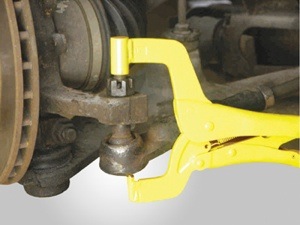
It would seem like hand tools and specialty tools are two completely different and unrelated things. Once upon a time I would have agreed with you. That is not the case today. For all the reasons listed above, hand tools are being “re-invented” every day. Sometimes the changes to a traditional tool are very subtle and other times the change can be so dramatic that you might not still consider it to be the same tool.
One of the most common changes we see with hand tools has to do with comfort and ergonomics.
Suppliers are now aware of the need to provide tools that not only work well, but also feel good in the hand and don’t contribute to fatigue or work-related long-term injuries.
Hand tools are also becoming more specialized based on applications or functional needs. Some examples of these tools might include ratchets with incredibly fine teeth to reduce the swing arc for turning a fastener, to ratchets that have angles in the handle or flexible heads for accessing a blocked fastener. We are also seeing more and more super-long-handled ratchets coming into the market. These allow the technician to access fittings in places that previously were much more difficult or impossible to get to.
I am a huge fan of specialty tools for several reasons. One is that they represent a solution to a specific problem. To me, that makes them kind of magical. They are the direct result of research, testing and design, by a person or company that “gets it.” These people understand what the problem is you face to fix a vehicle in the field. This makes specialty tools the royalty of the tool kingdom to me!
As a technician, I would encourage you to set aside funds to acquire at least one specialty tool a month, if not more often, as your budget allows. The investment you make in specialty tools will pay you back in time saved, reduced fatigue and less frustration.


